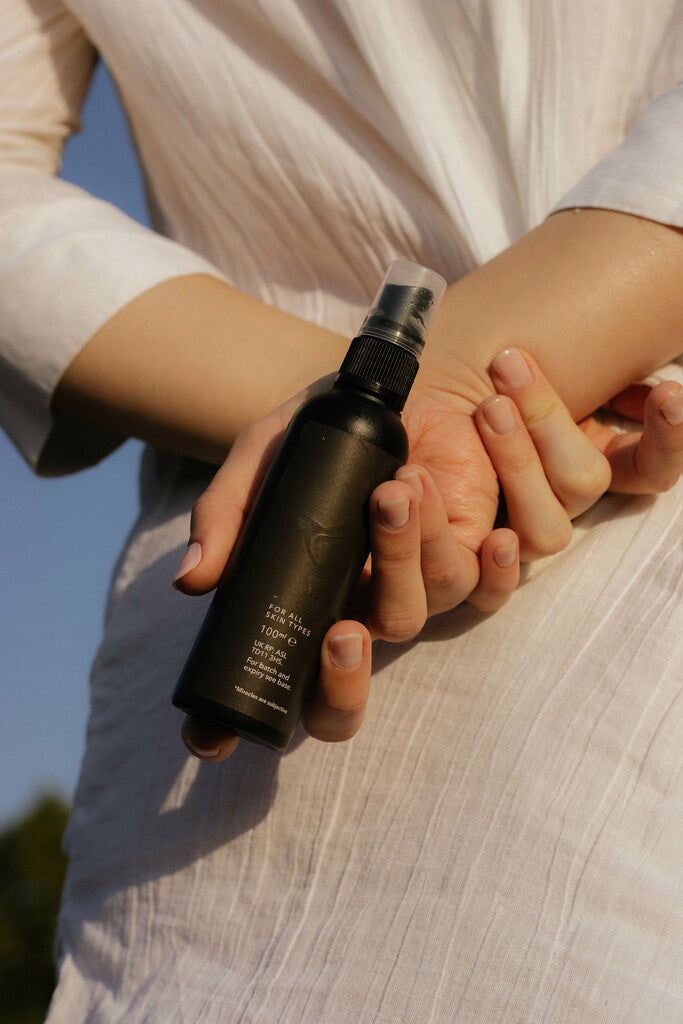Can hypochlorous acid treat acne?
By Vicki Whetton

The quest for clear and blemish-free skin has led skincare enthusiasts to explore various ingredients and formulations. In recent times, hypochlorous acid has emerged as a potential game-changer in the battle against acne. But does this compound truly hold the key to treating acne effectively? Let's delve into the science behind hypochlorous acid and its potential as a solution for acne-prone skin.
Understanding Hypochlorous Acid
Hypochlorous acid, a naturally occurring molecule produced by the body's immune system, boasts powerful antimicrobial and anti-inflammatory properties. These attributes make it an intriguing candidate for addressing acne, a skin condition often linked to bacterial overgrowth and inflammation.
Acne is primarily caused by the proliferation of the acne-causing bacteria, Propionibacterium acnes (P. acnes), and inflammation within the pores. Hypochlorous acid's antimicrobial properties come into play by targeting and neutralizing these acne-causing bacteria, preventing them from exacerbating the condition.
Benefits of Hypochlorous Acid for Acne-Prone Skin
-
Bacterial Control: Research suggests that hypochlorous acid can effectively reduce the population of P. acnes on the skin, helping to minimize the occurrence of acne breakouts.
-
Anti-Inflammatory Effects: Inflammation is a key factor in the development of acne lesions. Hypochlorous acid's anti-inflammatory properties can aid in calming redness and swelling associated with acne, promoting a clearer complexion.
-
Wound Healing: Acne lesions often leave behind scars and marks. Hypochlorous acid has been shown to support the skin's natural healing process, potentially reducing the visibility of acne scars.
Practical Application - Using Hypochlorous Acid for Acne
Our Miracle Mist is designed to deliver the benefits of hypochlorous acid directly to the skin, providing a targeted approach to acne treatment.
While hypochlorous acid shows promise as an acne-fighting ingredient, it's crucial to approach any new skincare product with caution. Patch testing is recommended to ensure compatibility with your skin, especially for individuals with sensitive skin.
Conclusion: In the ever-evolving landscape of skincare, hypochlorous acid stands out as a compelling contender for acne treatment. Its antimicrobial, anti-inflammatory, and wound-healing properties make it a multifaceted solution for those battling acne-prone skin. As you embark on your skincare journey, consider exploring Within Skincare Miracle Mist that uses only the purest hypochlorous acid to pave the way for clearer, healthier skin.



